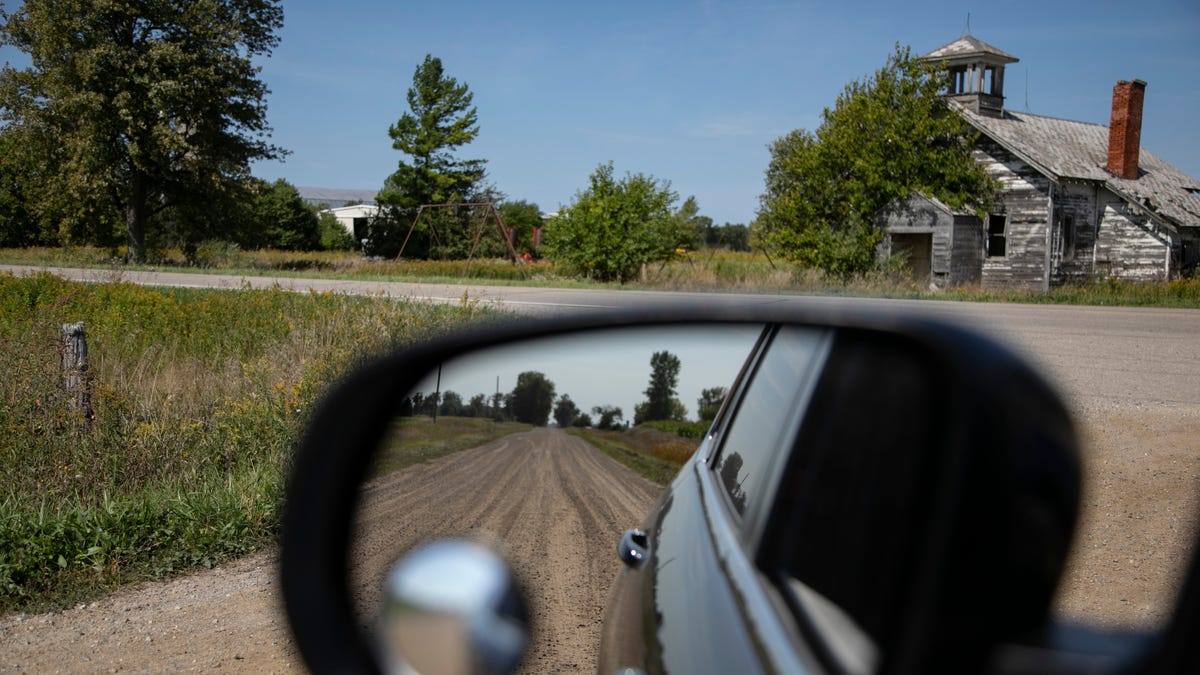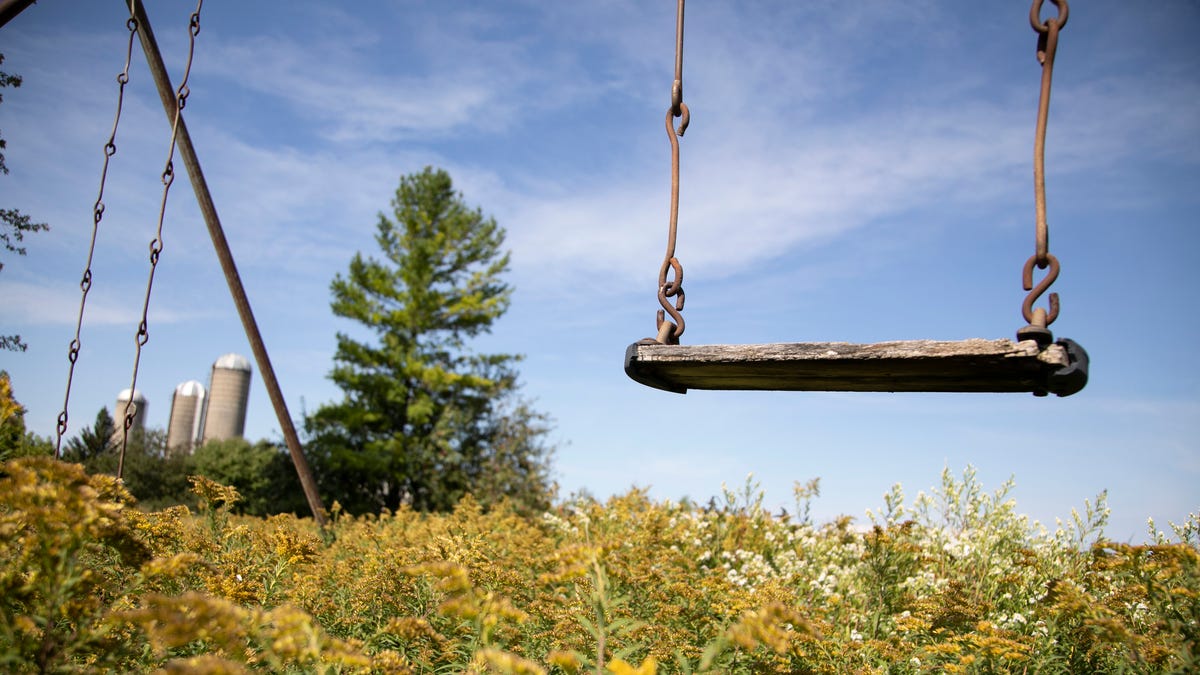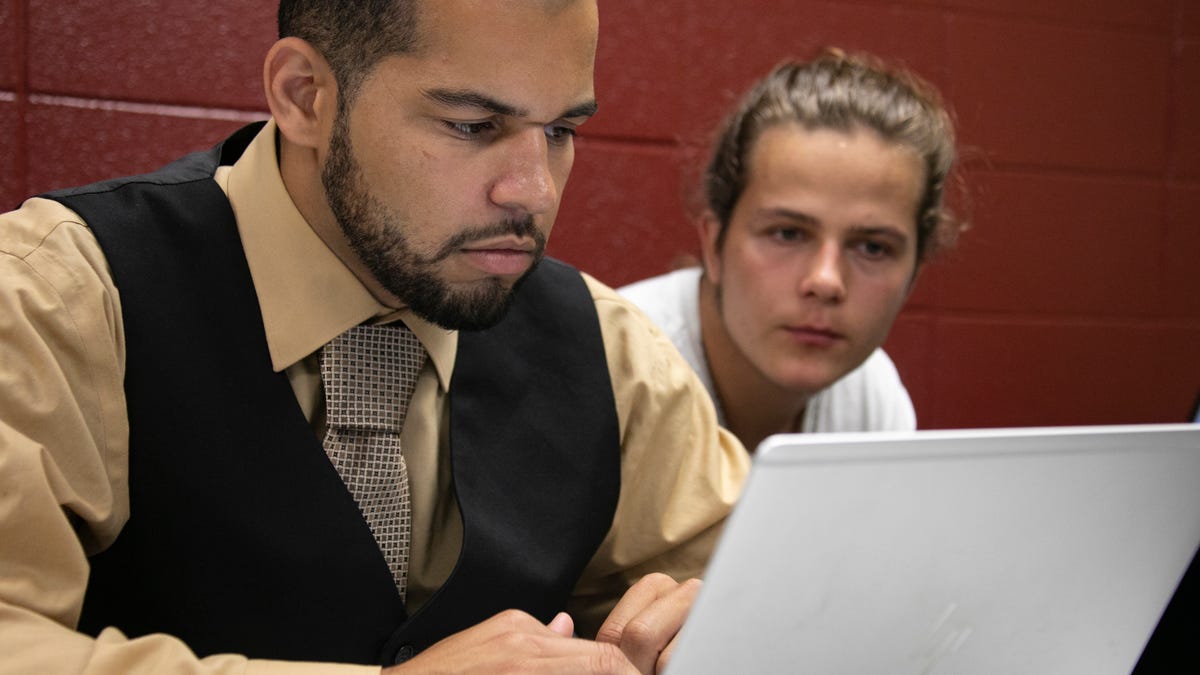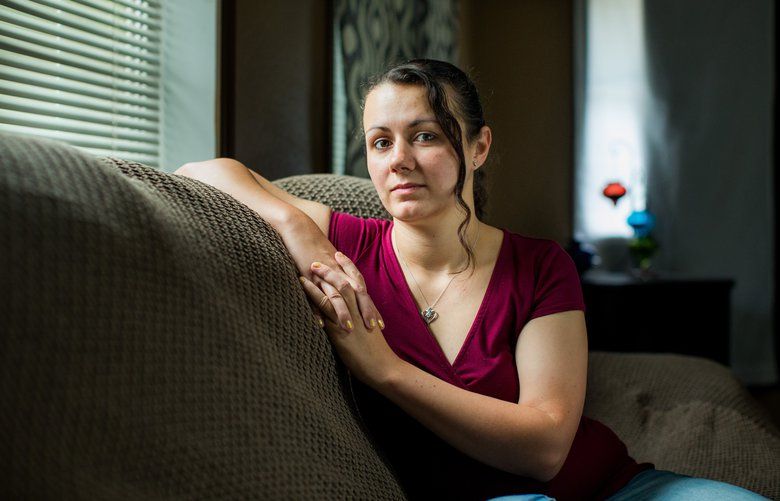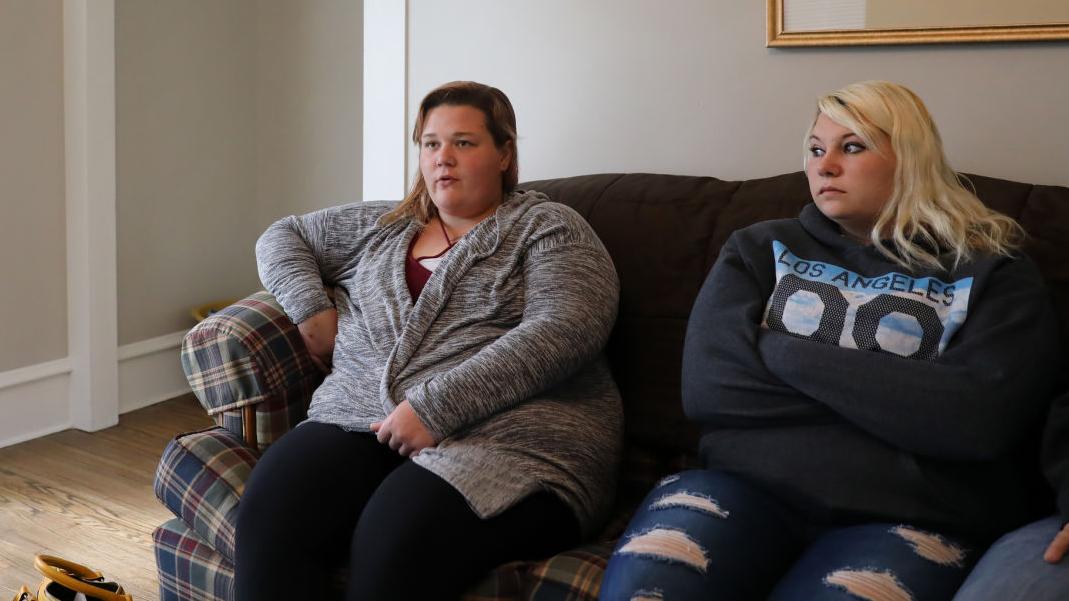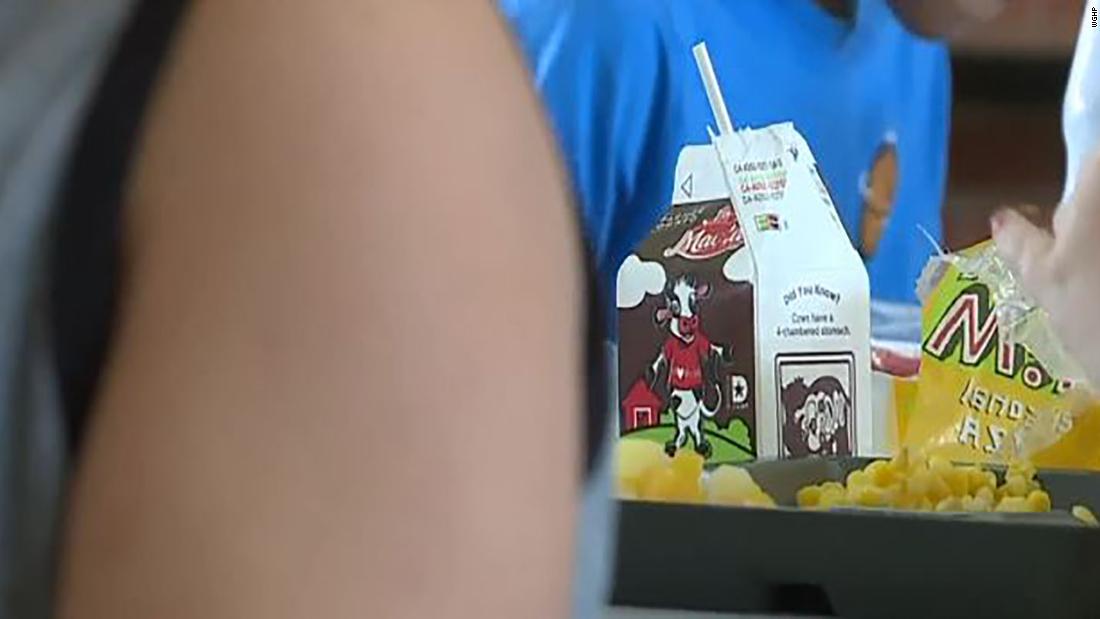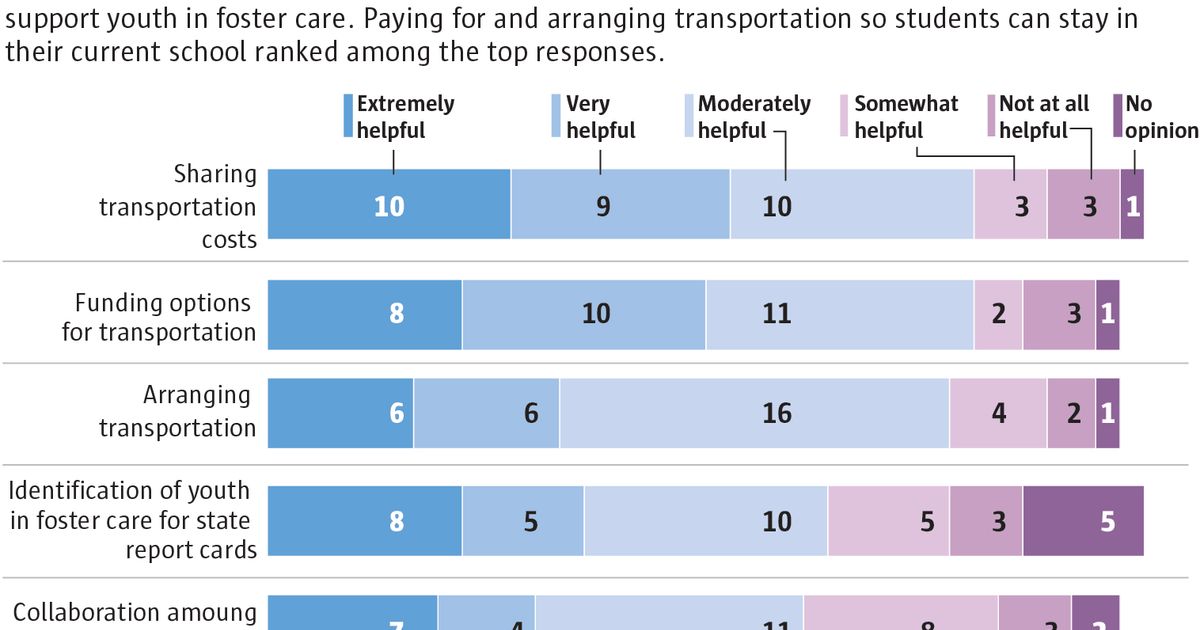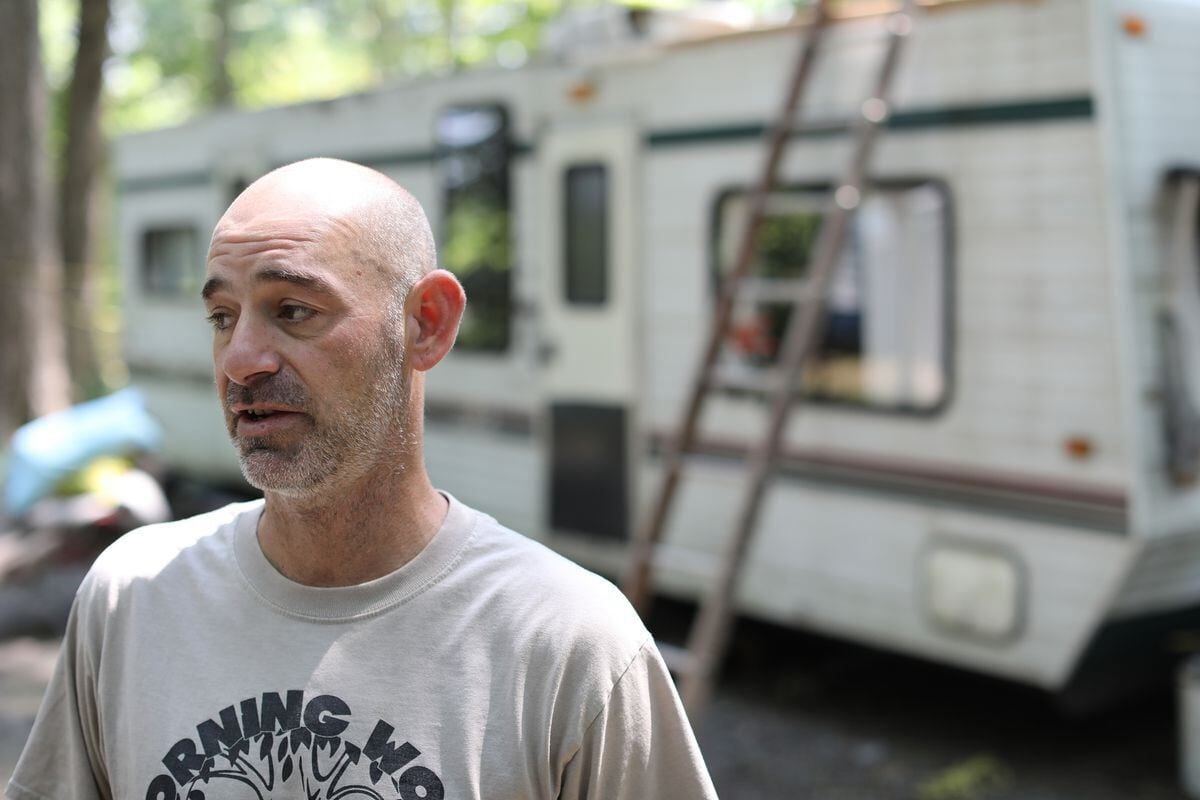Officials point to rising employment, but the uninsured rate is climbing as families run afoul of new paperwork and as fear rises among immigrants.
The Trump administration had approved Arizona’s request to implement work requirements no earlier than Jan. 1, 2020.
Tent encampments across California are testing residents’ tolerance and compassion as street conditions deteriorate.
Minnesota’s rural homeless must often survive on a patchwork of housing, from motels to church basements. Finding a path to a permanent home is a huge challenge.
“You’re not living well. You’re living an unhealthy lifestyle in every aspect. It’s one foot on a banana peel and one foot on concrete.”
Michigan’s poorest counties are education deserts, creating a cycle of a lack of jobs that entrenches poverty.
There’s more to increasing college graduates than just free college. Rural area students have challenges to overcome that extend way beyond money.
It’s unclear how state and county officials plan on complying with the judge’s order, however. The “poll tax” issued wasn’t addressed, either.
This city’s south side was devastated when a highway section went up. Now that there’s talk of taking it down, residents think they should be protected — and compensated.
A new dashboard from the Urban Institute highlights county-level food insecurity and related issues.





